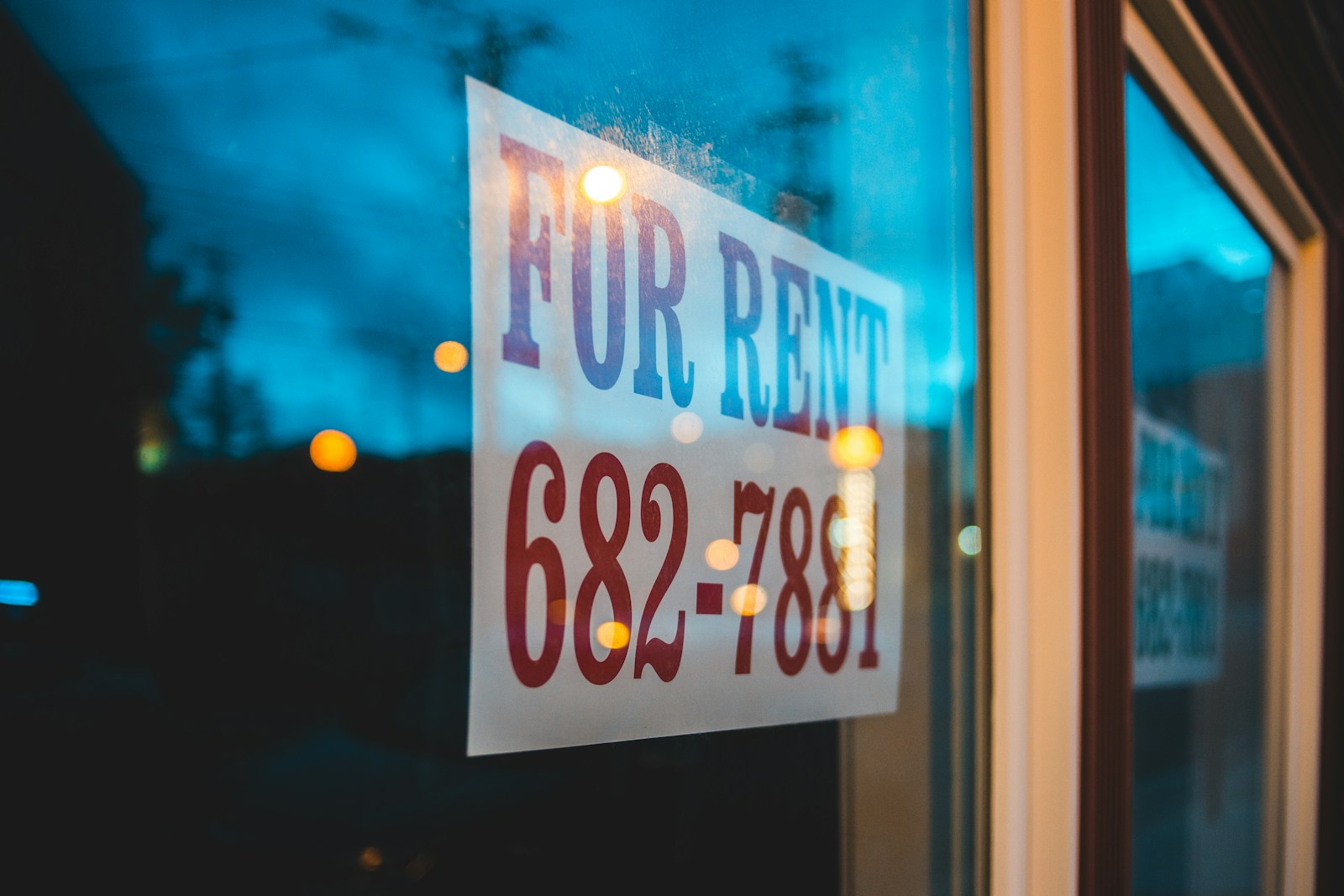Renter’s insurance probably gets the least attention and, in turn, is among those issues where a person needs financial security. It may be supplementary, but it offers enormous advantages to give one great peace of mind.
This guide will explain why renters’ insurance matters, what is covered, and how to get the best policy for your needs.
Why Renters Insurance Matters
Renters insurance provides protection for your personal belongings and offers liability coverage if someone is injured in your rented space. Here’s why it’s a wise investment:
1. Protect Your Personal Belongings
The renters’ insurance would cover damages or stolen items for any given event and the cost to replace these items rather than having to pay out of pocket. Items would include furniture-sofas, beds, tables, and all other household furniture pieces, electronic equipment-computers and expensive TVs.
Personal Property/Clothing: Your wardrobe, including expensive items of coats and shoes.
With that said, here is what renters’ insurance can cover in case of damages caused by situations like fire, theft, and vandalism. Insurance covers these items in case of incidents like fire, theft, or vandalism.

2. Liability Coverage
Whenever any person gets hurt on your rented property, renters’ insurance covers such costs. It includes:
Medical Expenses: If your guest gets hurt and needs some medical treatment, then this renters’ insurance pays for that medical expense.
Legal Expenses: Your insurance pays your legal expenses and the amount it needs to settle in case of any damages or injuries that may lead someone to sue you.
3. Additional Living Expenses
If anything, such as fire due to a covered event, makes your rent uninhabitable, then renters insurance covers additional living expenses including the following :
Temporary Housing: This is the sum used in temporary lodging in hotels or other rented houses when repair work is being effected on your home.
Additional Living Expenses: Food and transport cost incurred when you cannot continue with your normal living style.
4. Affordable Protection
On average, renters’ insurance is less than all the rest of the insurances by less than $20 per month; hence, it’s super affordable to protect your stuff and your finances.
What Renters Insurance Covers
The better one knows what renters’ insurance may cover, the better the decision will be. What such standard coverage may look and feel like is inclusive of:
1. Personal Property Coverage
This part of the policy pays to repair or replace personal property that can be stolen, damaged, or destroyed based on these covered events. Events covered may include:
- Fire or Smoke Damage
- Theft
- Vandalism
- Water Damage (not caused by flooding)
- Storms and Natural Disasters

2. Liability Coverage
Liability coverage protects you in case there is an injury on your property or even if you accidentally damage another’s property. It may include things like :
- Medical Expenses for Injured Guests
- Legal Fees and Settlements for Lawsuits
- Damage to Neighboring Properties
3. Loss of Use Coverage
This covers the amount used while staying elsewhere if a rental is not livable, based on a covered loss. The cover entails:
- Hotel and Temporary Housing Costs
- Increased Living Expenses
How to Choose the Right Renters Insurance Policy
Of course, the best renters insurance requires needs assessment and a little comparison of the available policies. The following guidelines are helpful in choosing the best coverage:
1. Take Stock of Your Personal Property
Make a list of your belongings, noting the estimated values. This will help in determining what sum of coverage is needed. Consider:
High-Value Items: Some pieces of jewelry, some collectibles, and electronics might need special coverage.
Contents and Furniture: Everything in the rental is to be covered.

2. Know Coverage Limits
Coverage limits refer to the maximum amount a policy will pay after a claim has been filed. Ensure that the limits will be sufficient enough to replace your belongings. Consider:
Replacement Cost vs. Actual Cash Value: The replacement cost policies pay the full replacement cost of an item. Actual cash value policies subtract depreciation.
3. Is Anything Excluded?
Check to see whether there is any exclusion or limitation to the policy. Following are some common exclusions:
Flood Damage: You will hardly get a standard renters’ insurance policy which covers flood damage. If you stay in a flood area, you will need to take separate flood insurance.
Earthquake Damage: Sometimes the policy does not provide damage because of earthquakes, extra protection for which is available.
4. Get Quotes
Research quotes from various insurance providers against which options for coverage and relative costs can compare. Make sure to research in particular the following:
Premium Costs: The cost, on a month-to-month or yearly basis, of the policy.
Deductibles: That amount out-of-pocket that one has to pay before insurance covers anything.
Customer Reviews: Other policyholders’ experiences in using the insurance company.
5. Review and Adjust Coverage Periodically
Your needs are going to change with time; hence, from time to time, it is important that you review your policy. If you happen to be getting an increase in value, then you will want to increase coverage. This could be because of the following reasons:
Acquire New Valuables: Whatever new high-value items you may buy or big purchases you make, call for an update on your policy.
Move to New Renting: Change your address and adjust limits of coverage if need be.
How to Get Renters Insurance
Getting renters’ insurance is relatively easy and can be effected through a variety of means, including:
How to Get Renters Insurance
Securing renters insurance is straightforward and can be done through several channels:
1. Online Insurance Marketplaces
Many insurance firms let one access online portals from where they can get quotes and buy renters’ insurance. Below are a few websites where you can compare quotes and directly buy policies:
- Geico
- Progressive
- State Farm
The list is just endless. Allow you to compare quotes and buy policies directly from their platforms.
2. Insurance Brokers
Their insurance brokers will be able to find you the most fitting policy. They can:
- Provide Individualized Counsel: Agents will be able to research your needs and suggest the policies that can suit you best.
- Compare Various Insurers: You can get quotes from a range of insurance companies to compare the best prices.

3. From Insurance Companies Directly
You can also approach the insurance companies directly. Most of them will have the following facilities:
- Phone and In-Person Consultations: You may either call their representatives or meet in person with them and thereby get quotations for covers.
- Customer Service Support: You can support and ask about anything or amendment in the policy.
How Our Team Come Up With These Ideas?
Through renters’ insurance, coverage options, among others, our insurance professionals have taken many customers through the process. This guide is prepared drawing on various real scenarios common in this particular industry, frequently asked questions, and recent trends.
Combining years of experience with the latest research, we provide easy-to-follow advice on how you can make the right choices in renters’ insurance.
Conclusion
Renters’ insurance is one of those integral parts of financial security which is always underestimated. During this presentation, you will learn what benefits you will derive from it, what each one covers, and how to find that perfect policy that will protect your personal belongings and cover yourself against liability, giving you peace of mind.
Renters’ insurance is not a trivial expense, but it is a very inexpensive way of insuring against circumstances that you would never want to happen, but if they did, they would cause severe financial loss.


Leave a Reply